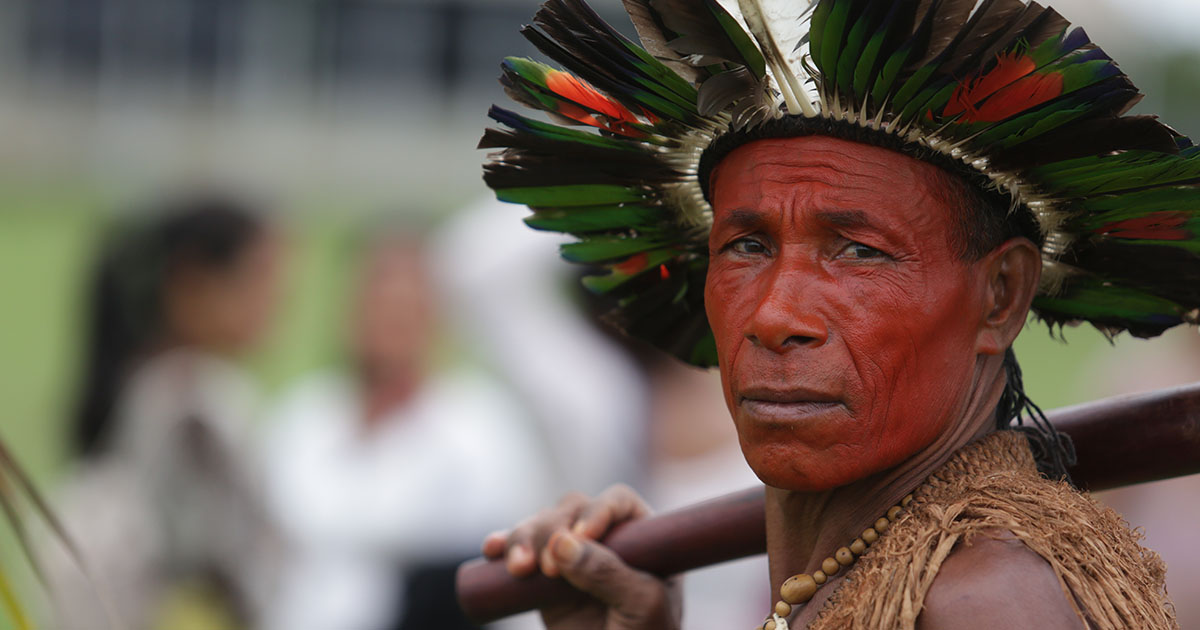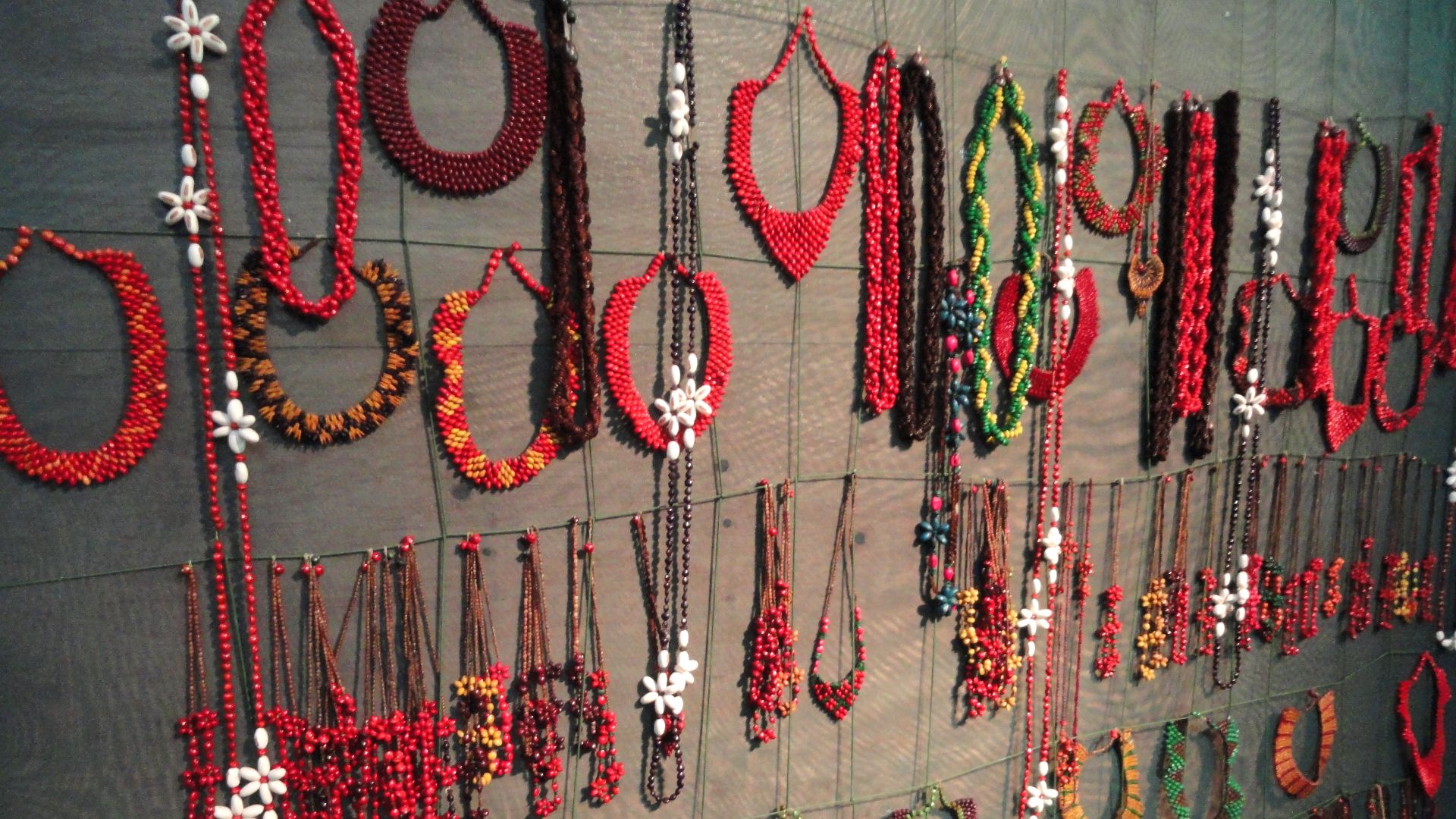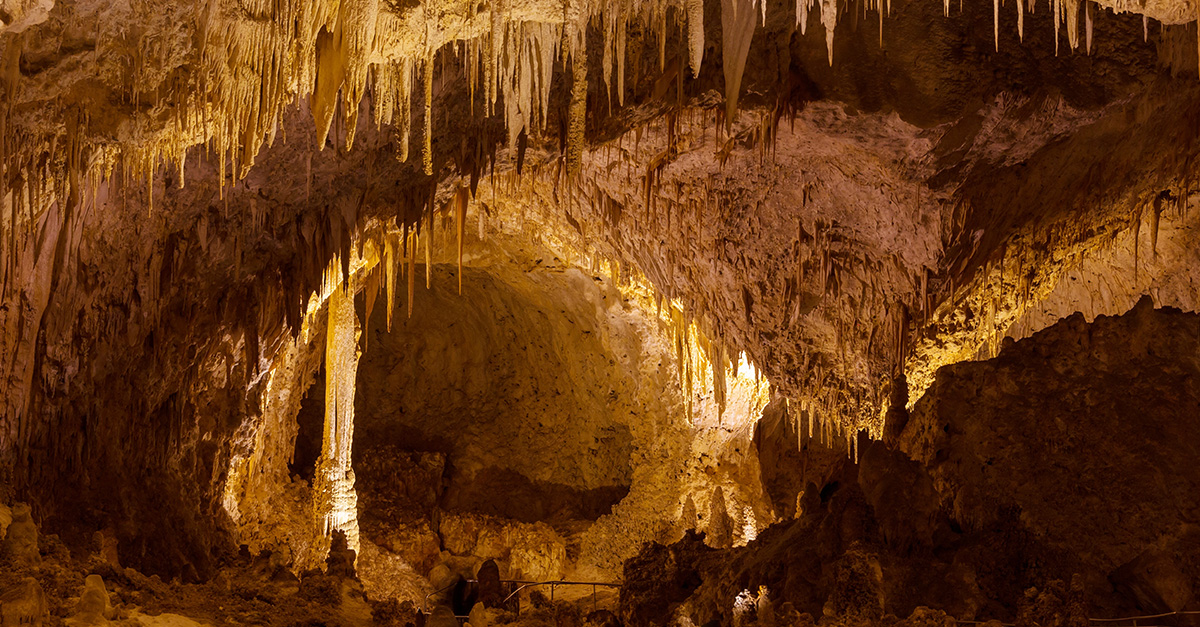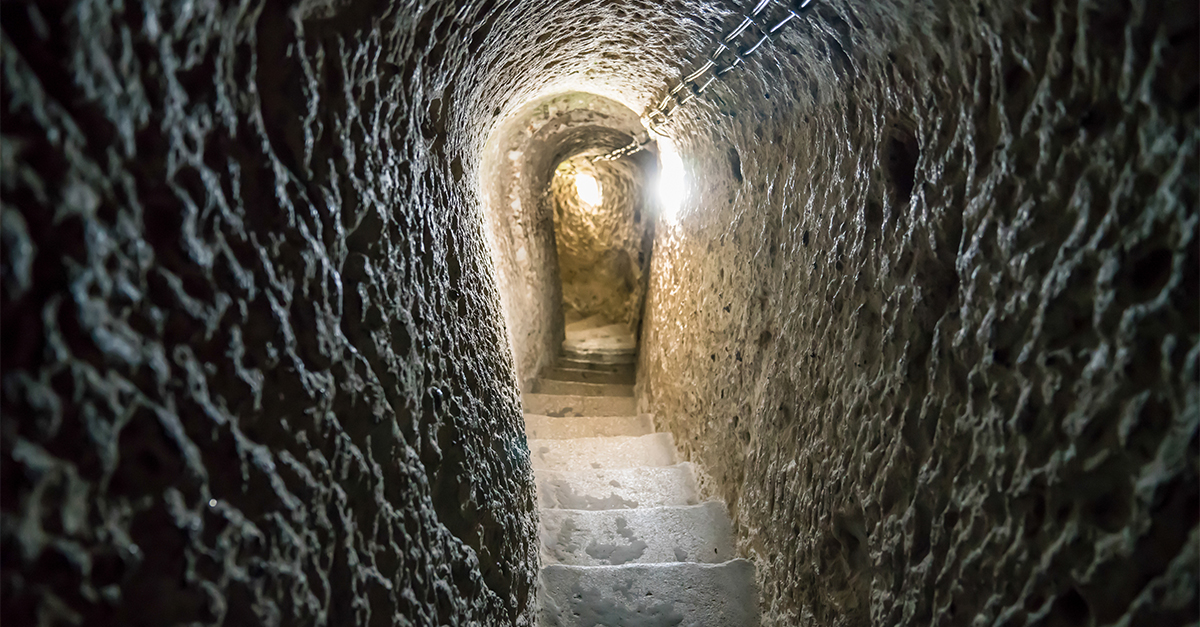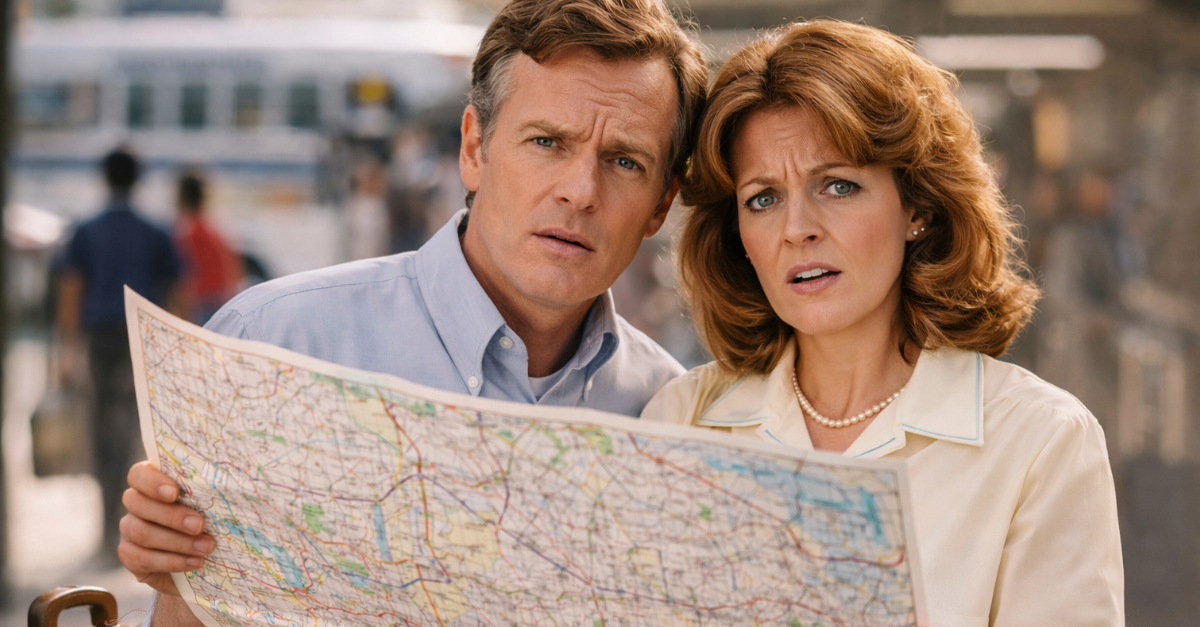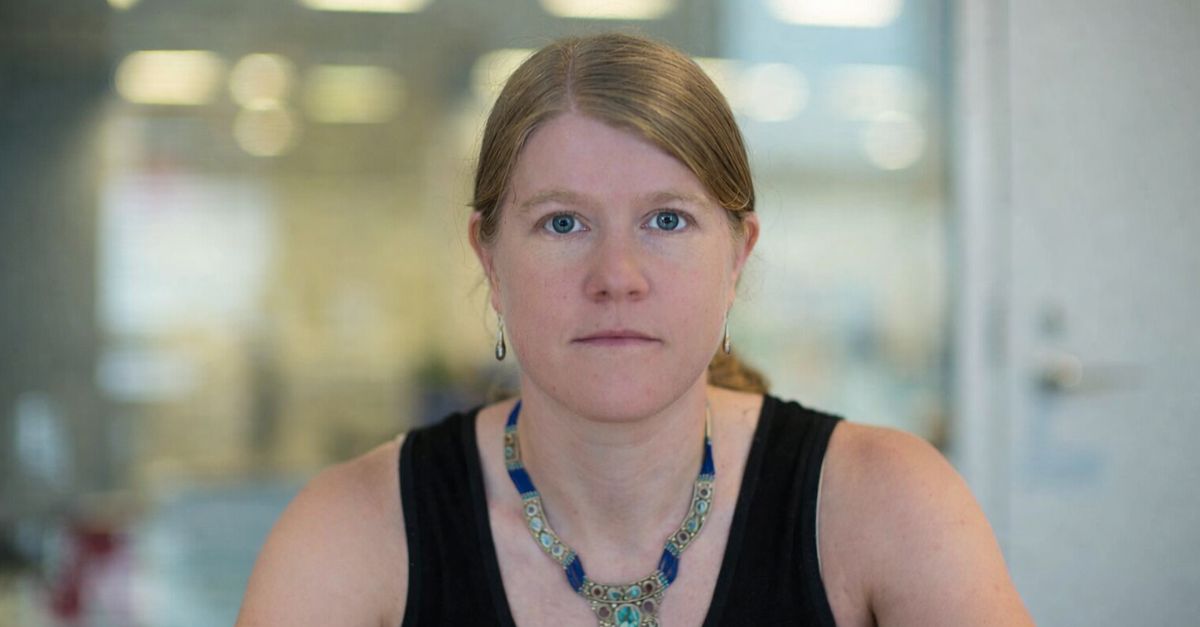The Proud Guardians of Brazil’s Coast
The Pataxó people are one of Brazil’s oldest Indigenous tribes—fierce, proud, and deeply connected to the land and sea. For centuries, they’ve fought to protect their home, preserve their language, and keep their traditions alive despite the challenges of the modern world.
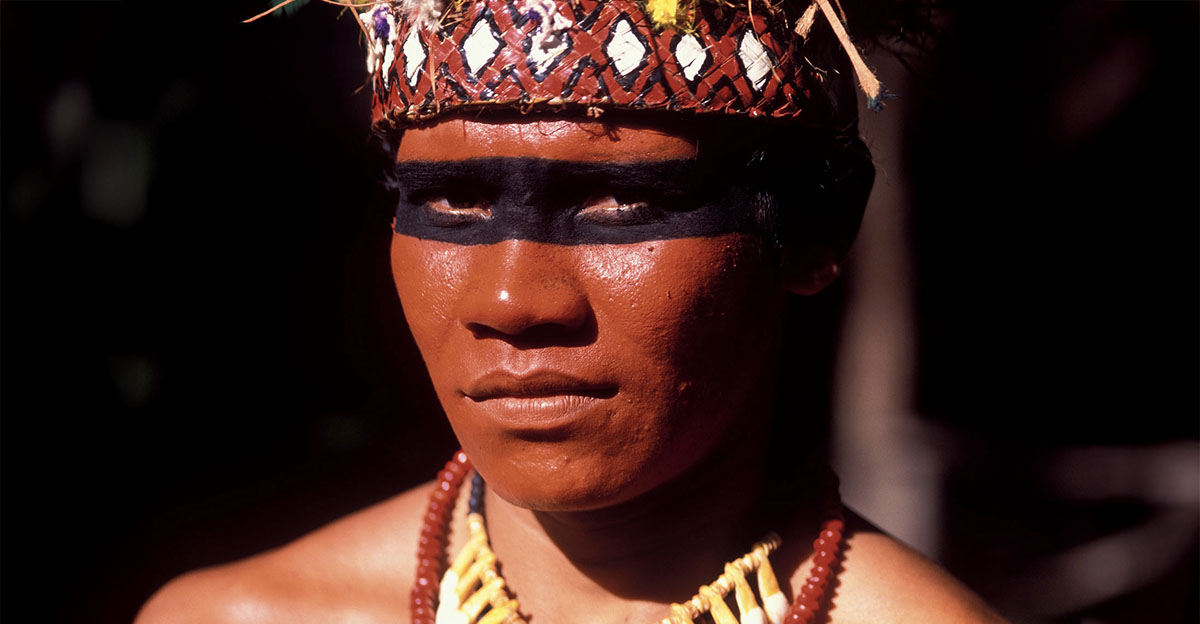
People of the Sea and Forest
The Pataxó have lived for generations along Brazil’s southern Bahia coast and into parts of Minas Gerais. Their world is made up of green forests, wide rivers, and the open Atlantic. Every part of nature around them—trees, tides, and winds—is woven into their daily life and identity.
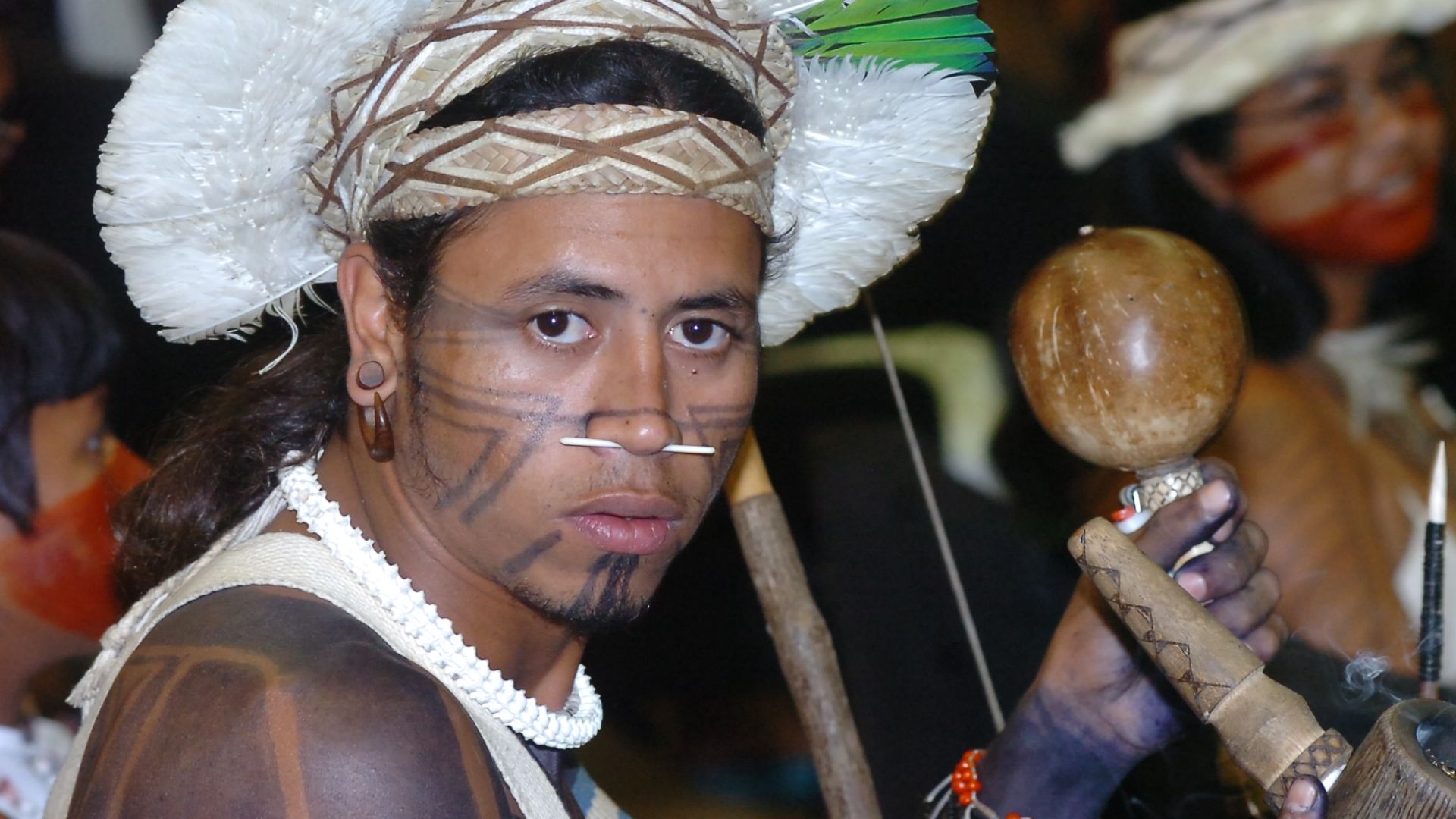 José Cruz/ABr, Wikimedia Commons
José Cruz/ABr, Wikimedia Commons
The Language That Came Back to Life
Their original language, Patxohã, means “the warrior’s language.” It nearly disappeared after centuries of colonization. But recently, the Pataxó brought it back. Now, children learn it in school, and adults speak it with pride. Reviving Patxohã isn’t just about words—it’s about keeping their spirit alive.
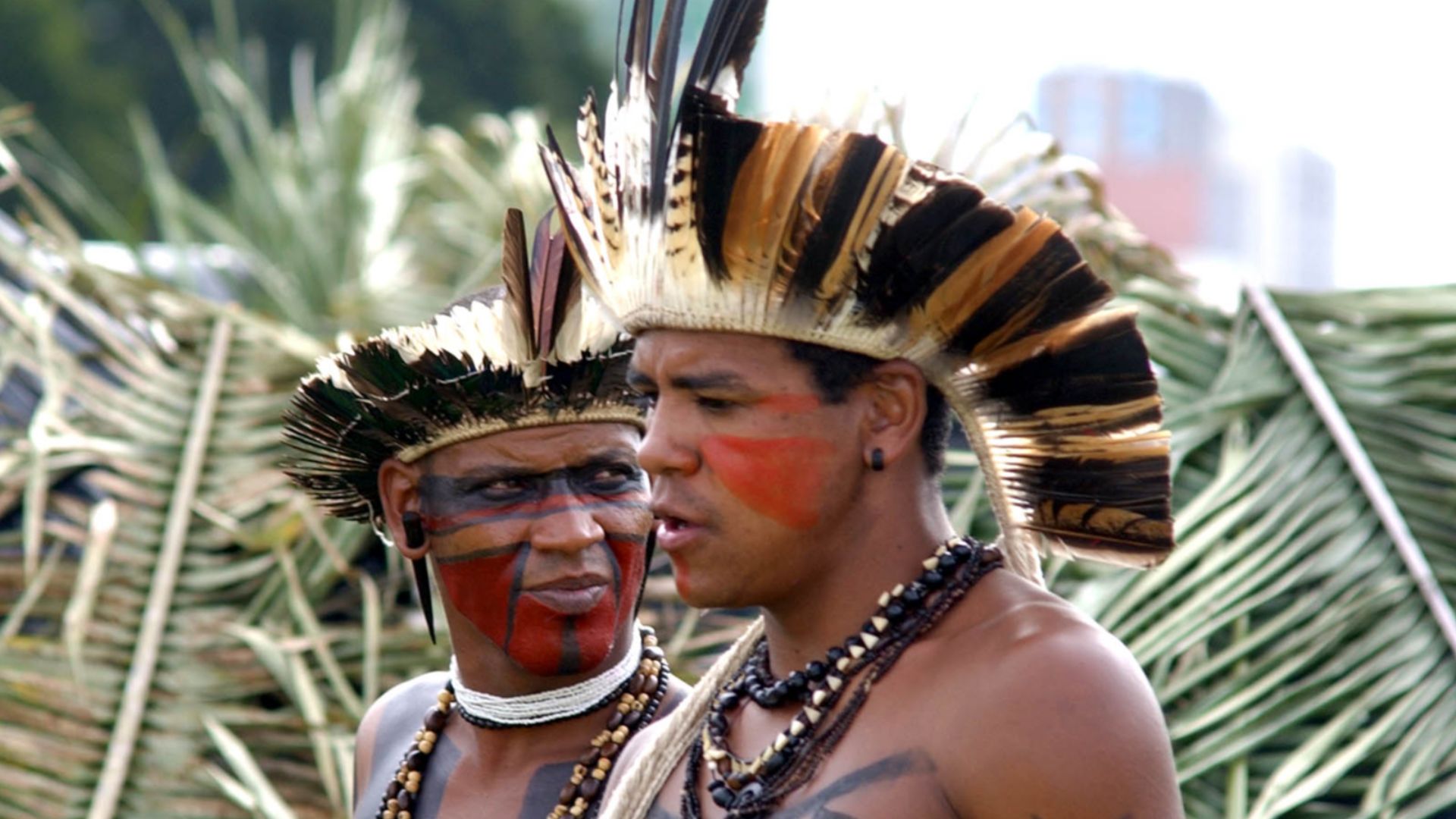 Valter Campanato/ABr, Wikimedia Commons
Valter Campanato/ABr, Wikimedia Commons
Homes Built by Hand
Traditionally, the Pataxó lived in circular huts called oka, made of palm leaves, bamboo, and clay. These homes are simple but strong, staying cool in Brazil’s heat. Today, some still build okas the old way, while others mix traditional and modern materials to fit both worlds.
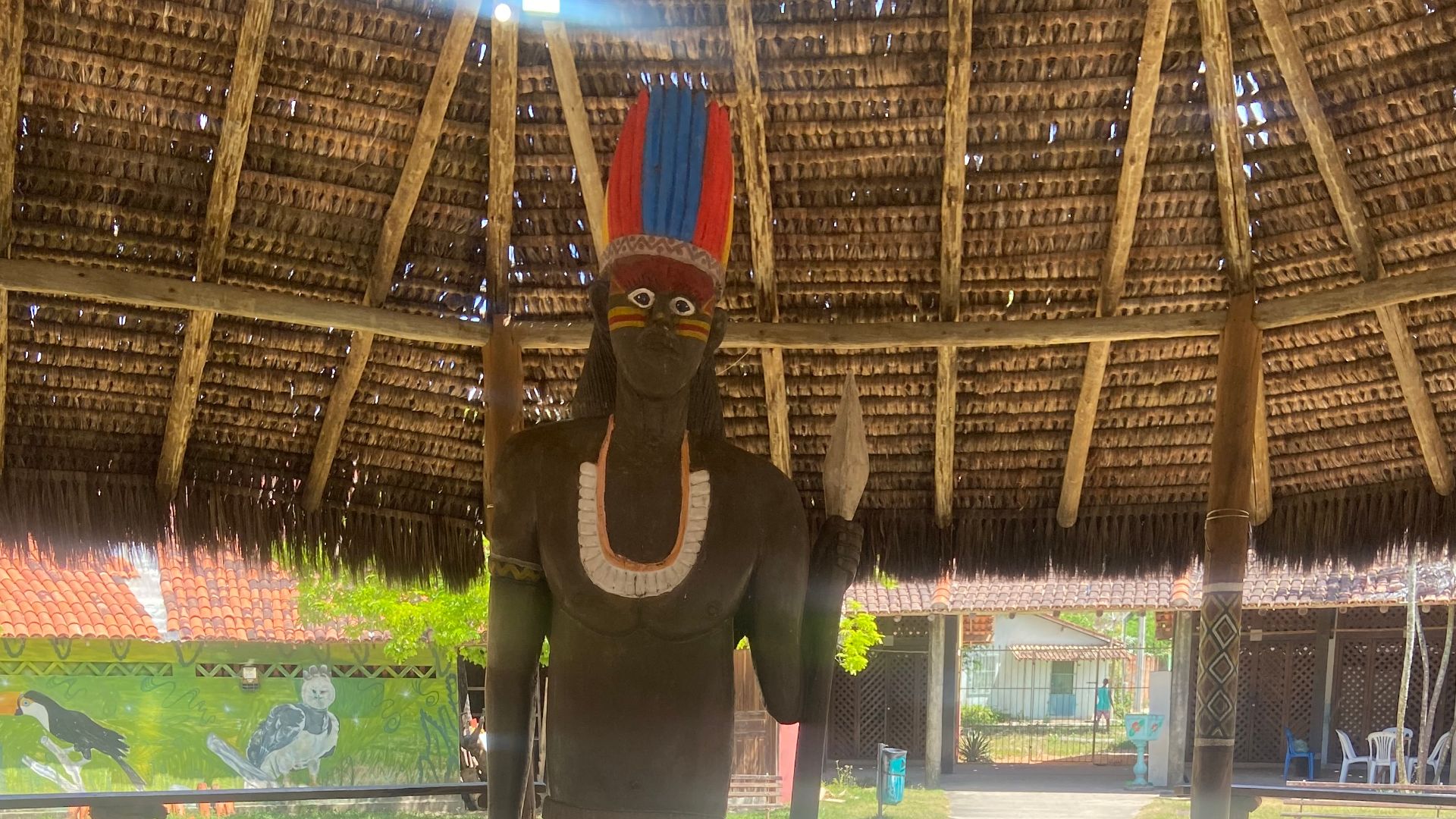 Michelle Palmier, Wikimedia Commons
Michelle Palmier, Wikimedia Commons
Food From Land and Sea
The Pataxó live closely with nature, taking only what they need. They fish, grow cassava, corn, and beans, and hunt small animals in the forest. Fruits, honey, and herbs are gathered for food and medicine. A favorite dish—fish wrapped in banana leaves and roasted over a fire—connects generations.
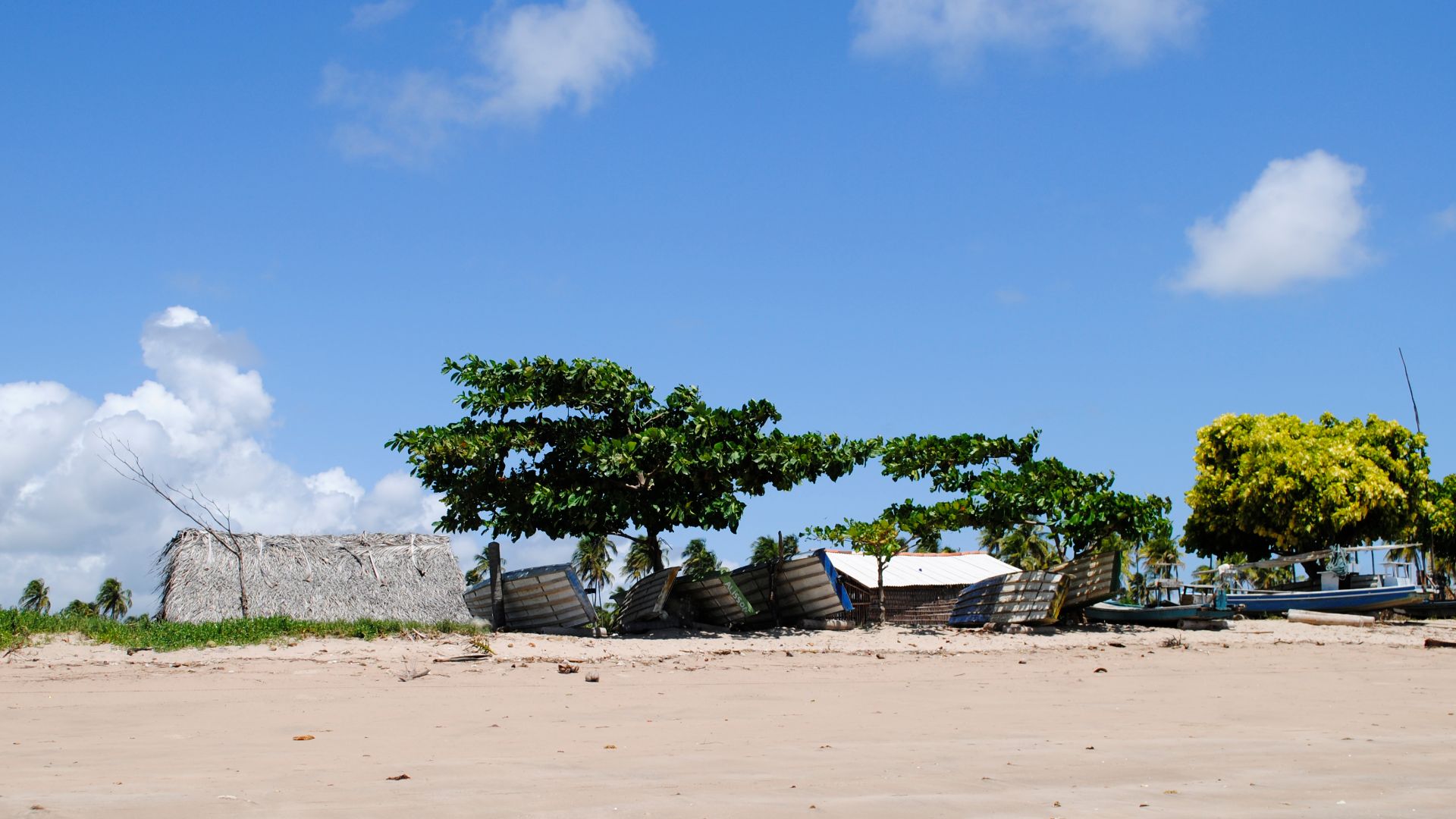 Cícero R. C. Omena, Wikimedia Commons
Cícero R. C. Omena, Wikimedia Commons
Hunting With Respect
For the Pataxó, hunting isn’t sport—it’s ceremony. Hunters rise before dawn, painting their faces with red and black clay before entering the forest. They move quietly with handmade bows and arrows, guided by knowledge passed down through elders. Every hunt ends with thanks to the spirits of the land.
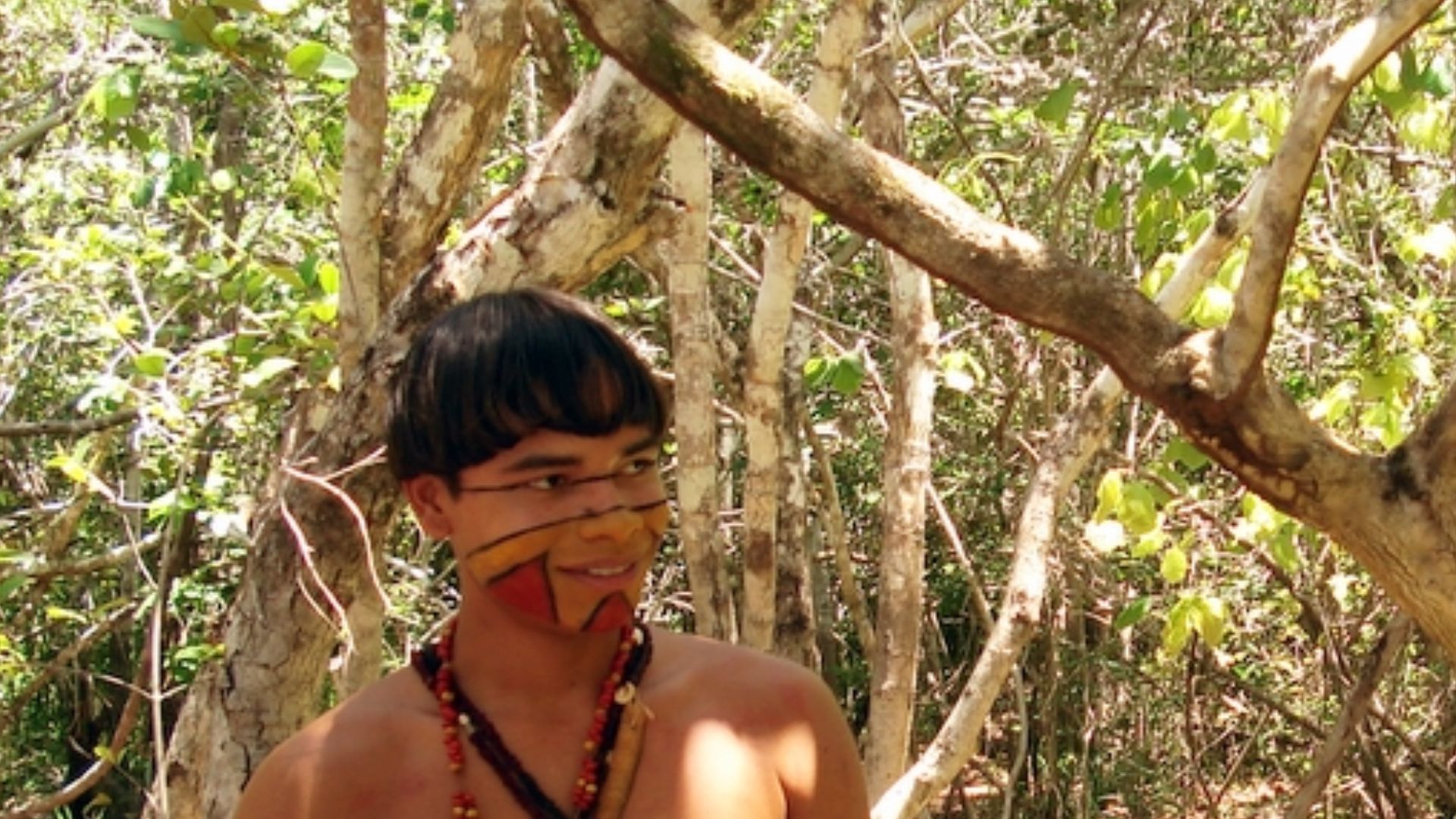 Fernando S. Aldado~commonswiki, Wikimedia Commons
Fernando S. Aldado~commonswiki, Wikimedia Commons
Family and Community
In Pataxó life, family is everything. Children grow up surrounded by grandparents, cousins, and neighbors who all share in raising them. Elders are deeply respected as the keepers of wisdom. Decisions are made together, ensuring everyone’s voice is heard.
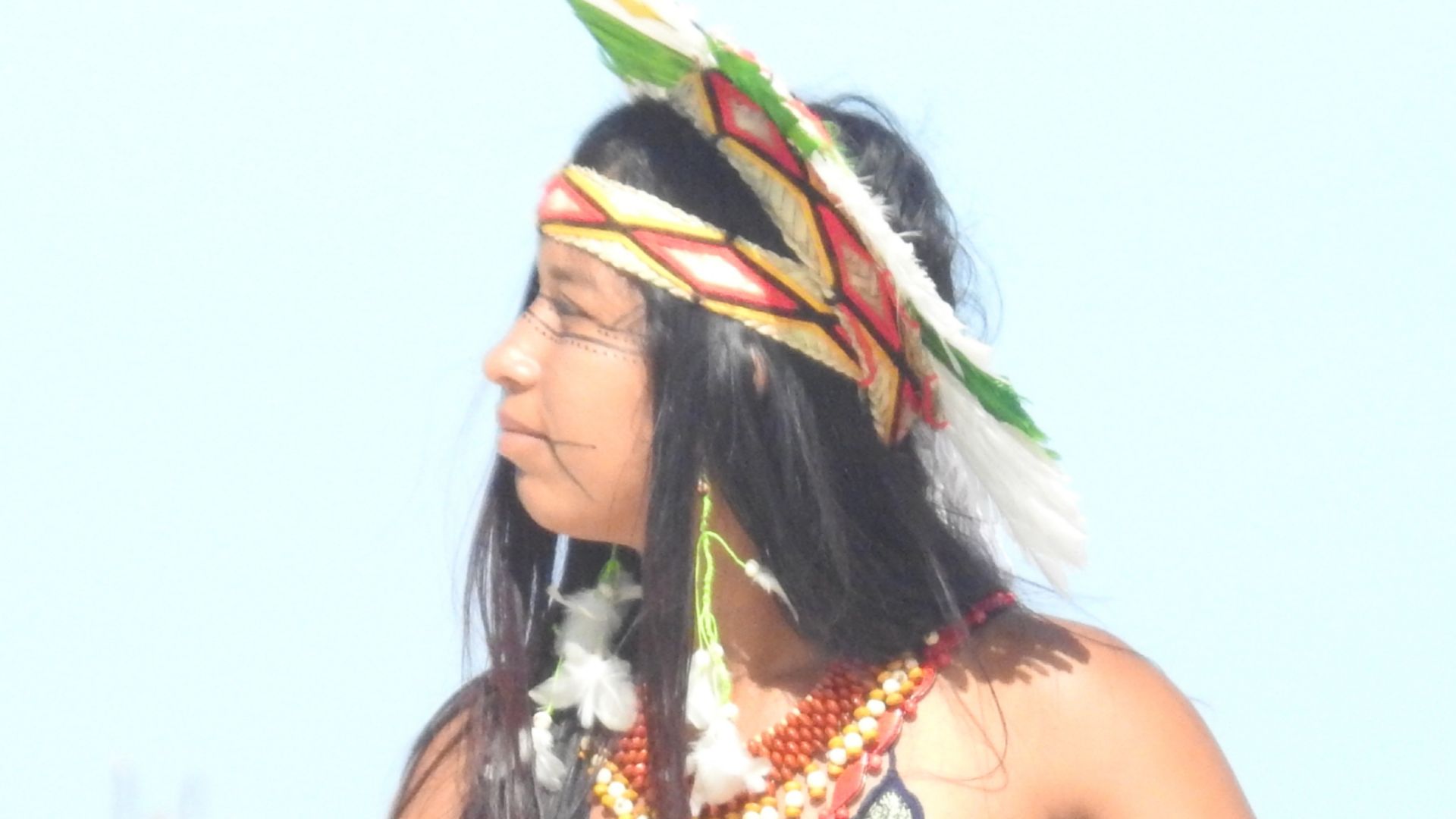 Carlos Antônio Almeida de Oliveira, Wikimedia Commons
Carlos Antônio Almeida de Oliveira, Wikimedia Commons
The Artists of the Forest
Pataxó artisans are masters of their craft. They make jewelry from seeds, shells, and feathers; carve tools and wooden sculptures; and weave baskets and mats in bright colors. These pieces aren’t just for sale—they carry stories, prayers, and identity.
The First Resistance
When the Portuguese first landed in Bahia in the 1500s, the Pataxó resisted fiercely. They fought using bows, arrows, and strategy—disappearing into forests and striking from the shadows. Even when forced inland, they refused to give up their land or freedom. Their defiance still echoes through Brazilian history.
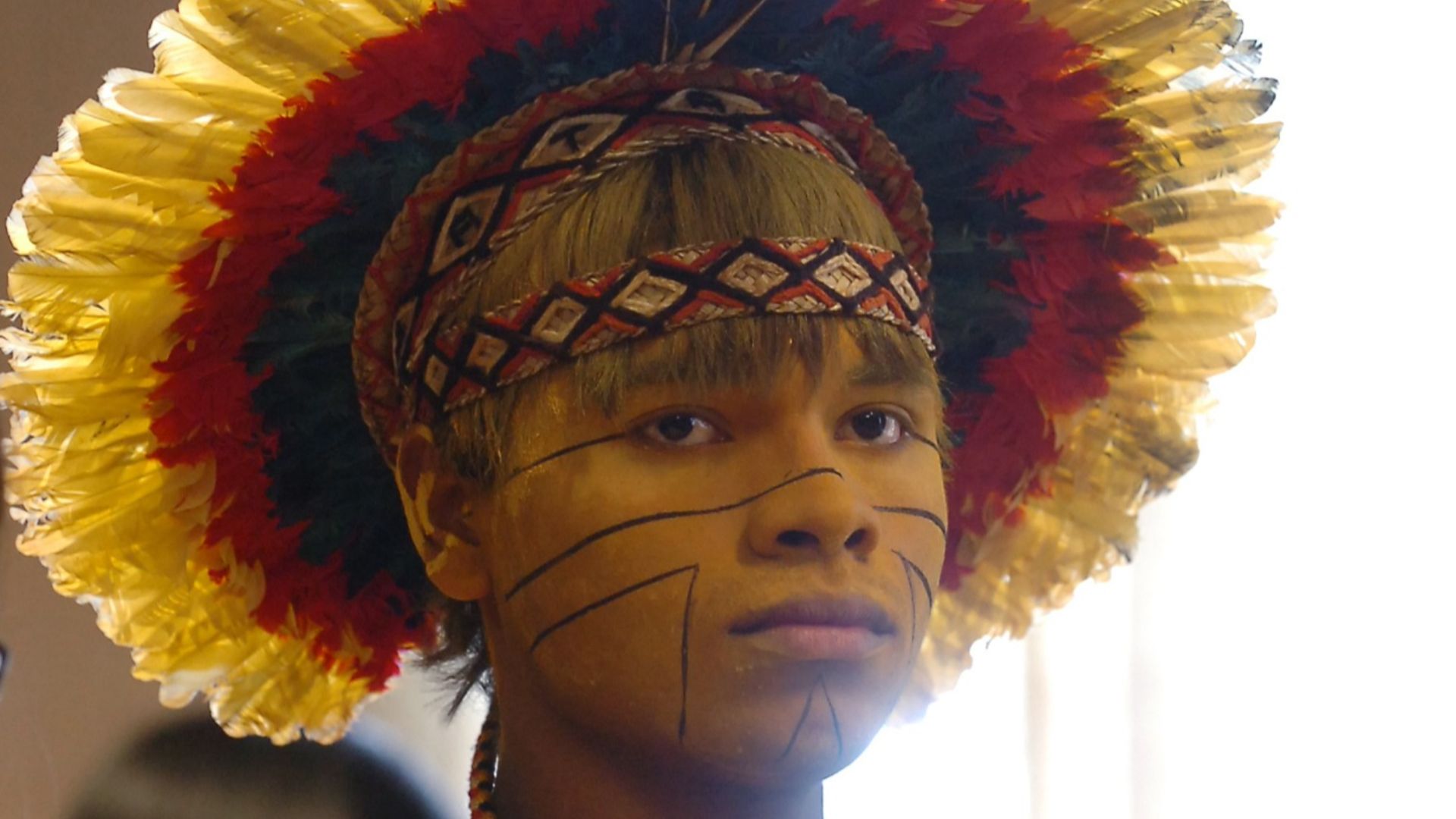 José Cruz/ABr, Wikimedia Commons
José Cruz/ABr, Wikimedia Commons
Festivals of Song and Spirit
One of the most beautiful Pataxó traditions is the Awê—a dance of rhythm and unity. During festivals, the community gathers in circles, their bodies painted in red and black designs. They sing in Patxohã, clap, and stomp their feet, their voices rising like the ocean waves.
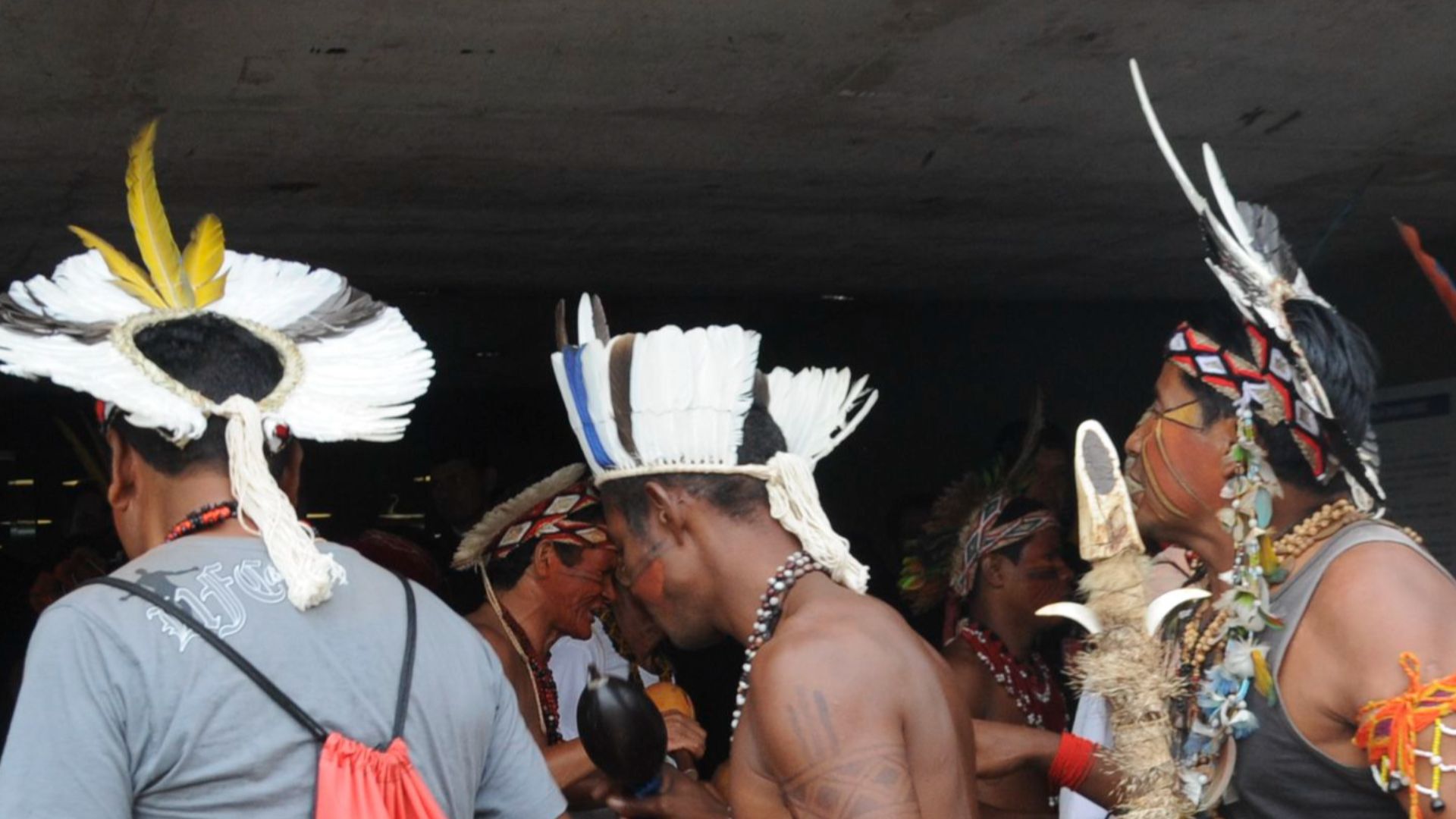 Antonio Cruz/Agência Brasil, Wikimedia Commons
Antonio Cruz/Agência Brasil, Wikimedia Commons
The Meaning of Paint and Pattern
Bodypainting among the Pataxó is an art of identity. Each pattern—zigzags, lines, or dots—tells something about a person: their family, their story, or a special moment in their life. The paint, made from natural dyes, connects them to the earth and to their ancestors.
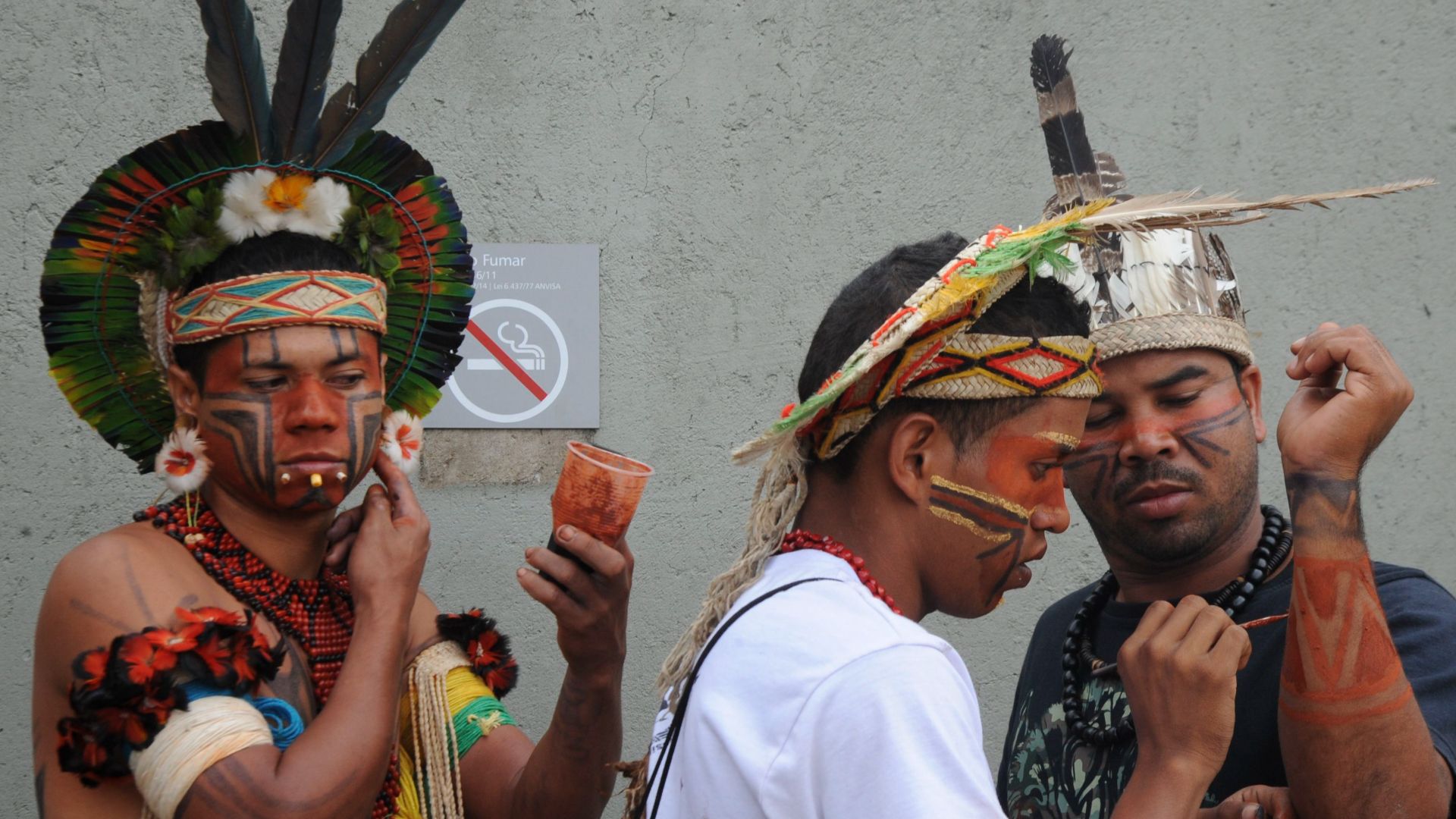 Antonio Cruz/Agência Brasil, Wikimedia Commons
Antonio Cruz/Agência Brasil, Wikimedia Commons
The Spirit in All Things
Pataxó spirituality is rooted in nature. They believe everything—animals, rivers, trees—has a soul. Shamans, known as pajés, guide the people in rituals, healing, and dreams. Their belief system blends old traditions with elements of Catholicism, reflecting centuries of adaptation and survival.
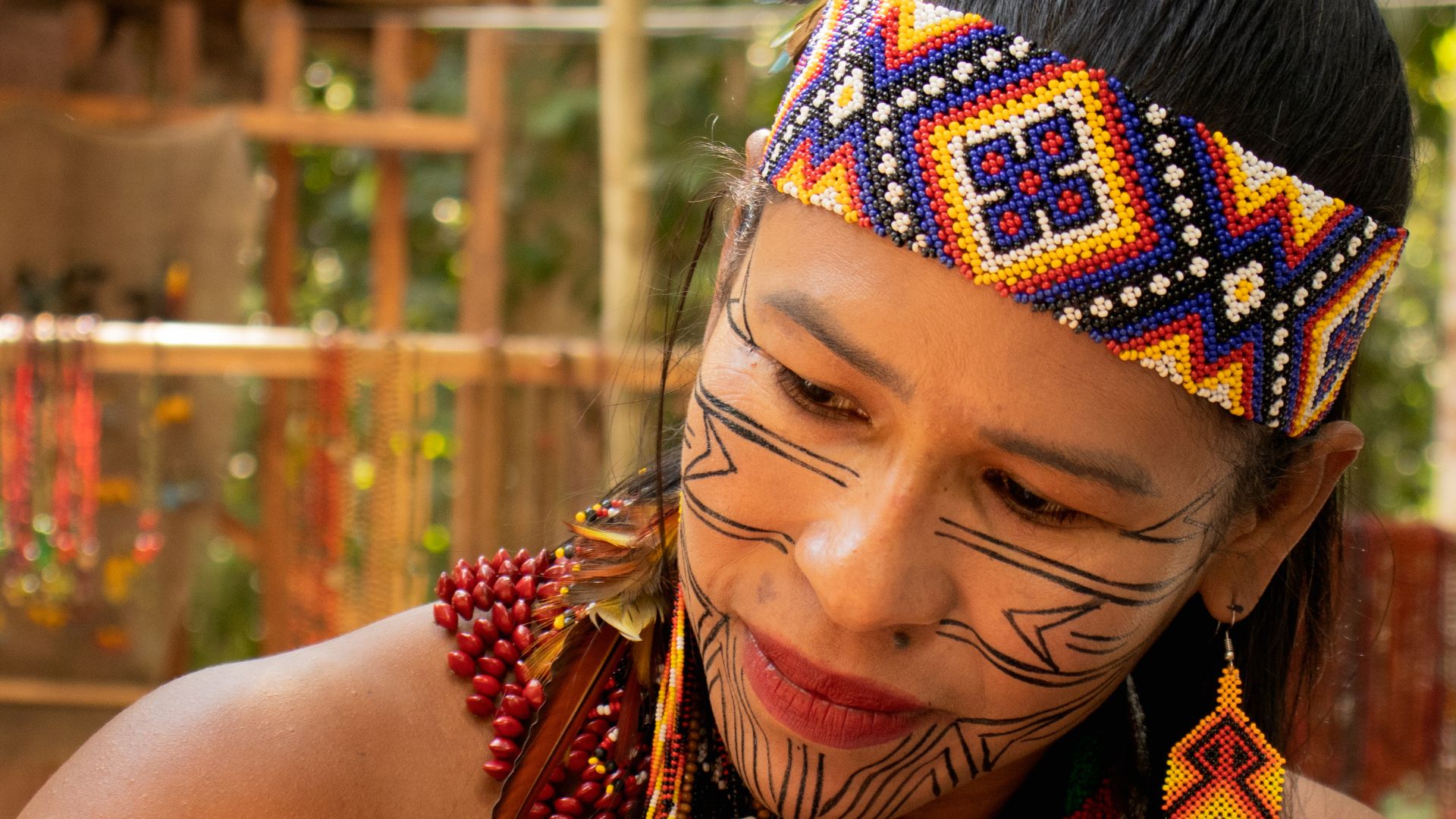 CarlosRosaJrTere, Wikimedia Commons
CarlosRosaJrTere, Wikimedia Commons
Guardians of the Forest
For the Pataxó, protecting the land is both a duty and a birthright. They’ve spent decades fighting for legal recognition of their territories, leading protests and petitions for land that was taken generations ago. Their courage has inspired Indigenous movements across Brazil.
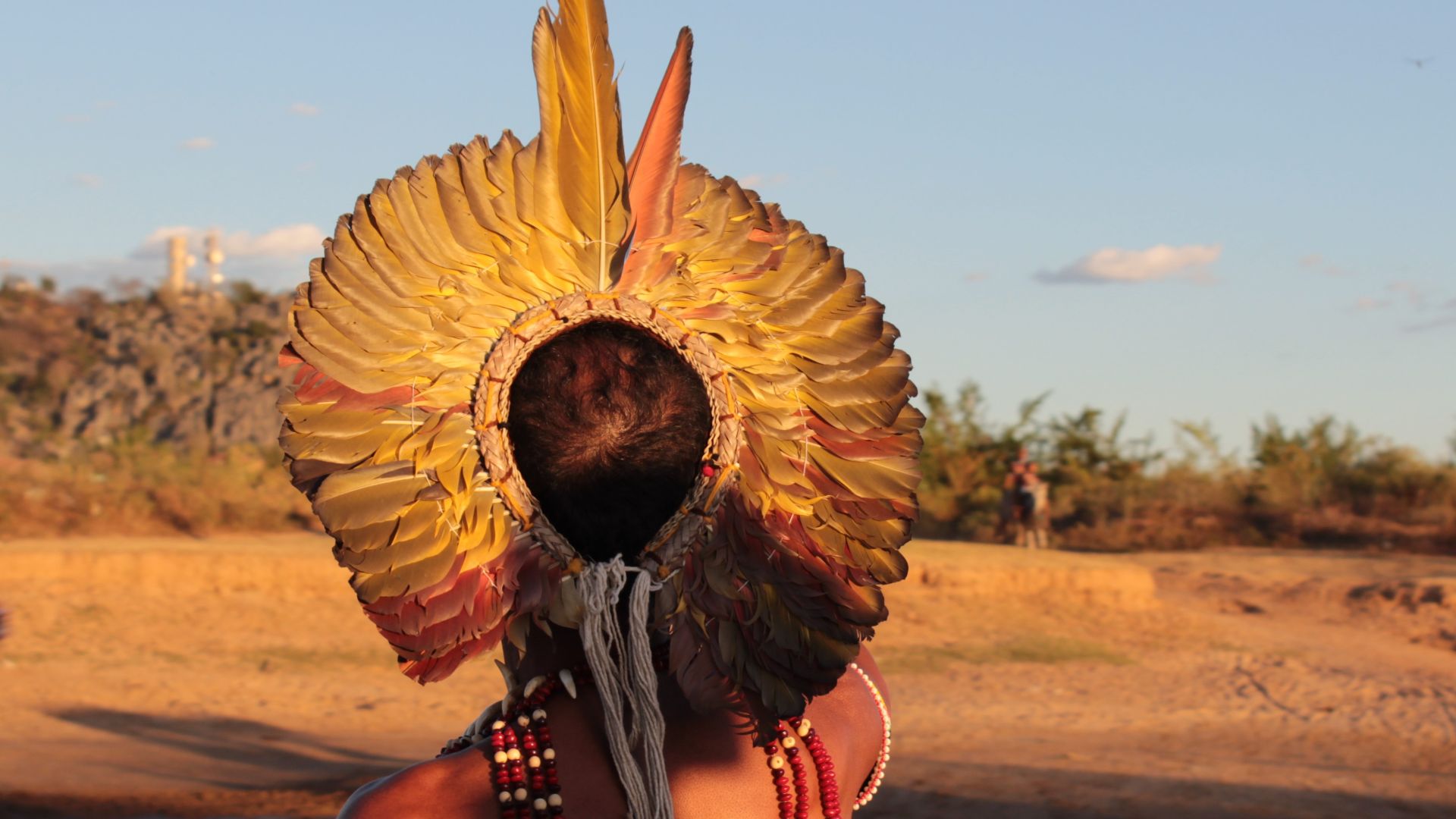 Karenalmeid, Wikimedia Commons
Karenalmeid, Wikimedia Commons
Nature Under Threat
Despite their efforts, deforestation, mining, and illegal farming continue to damage Pataxó lands. Polluted rivers and shrinking forests threaten not only the environment but their culture and food sources. To the Pataxó, losing the forest means losing a part of themselves.
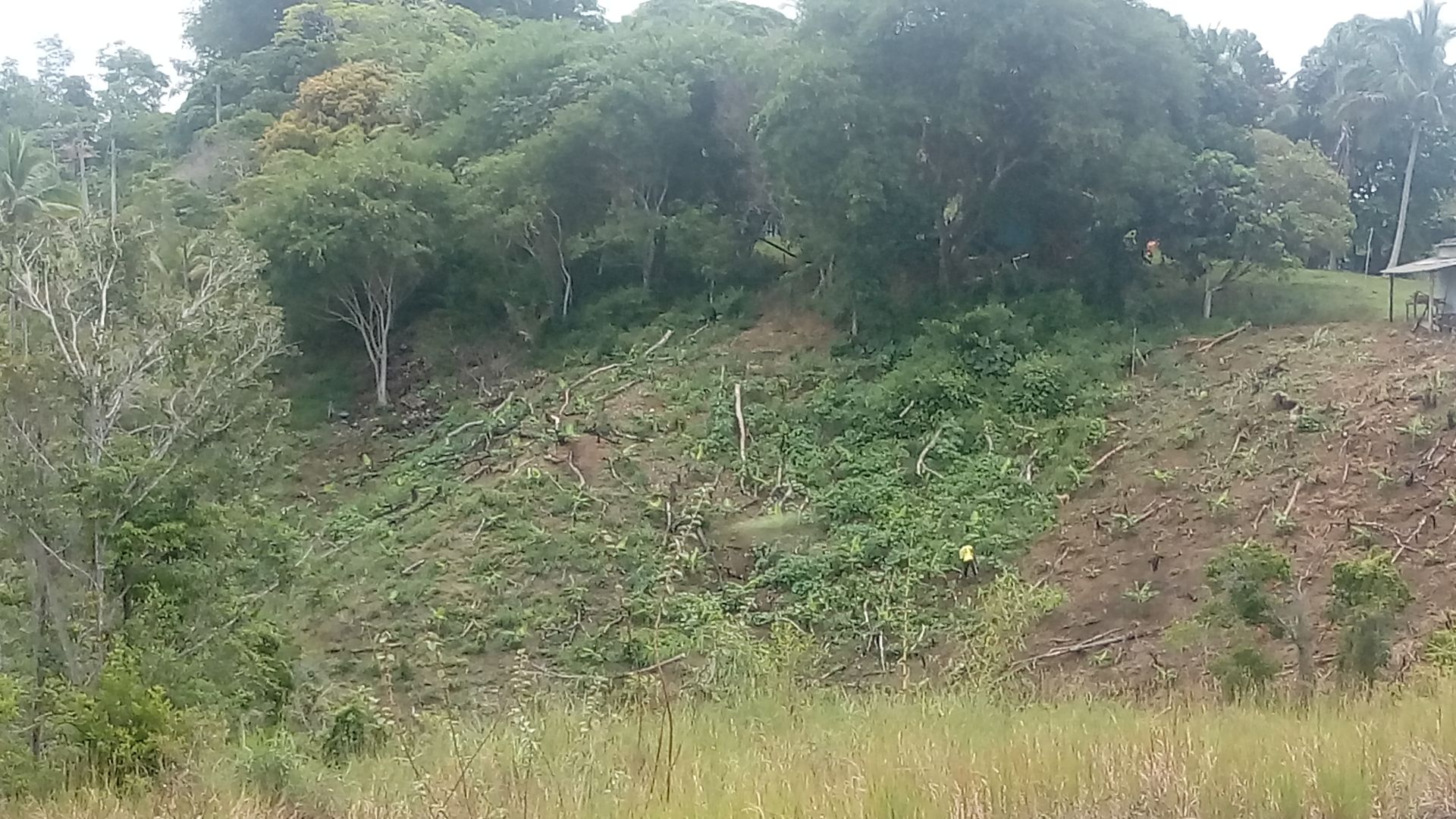 Hera Todorovic, Wikimedia Commons
Hera Todorovic, Wikimedia Commons
A Modern Warrior: Alex Pereira
Among those carrying the Pataxó spirit into the modern world is UFC champion Alex Pereira. A proud descendant of the tribe, Pereira honors his roots by wearing traditional feathers and face paint before fights. He often speaks about his ancestry and the warrior values that guide him—discipline, strength, and respect. For many, he’s proof that Pataxó resilience lives on, even inside a global arena.
 Chamatkar Sandhu, Wikimedia Commons
Chamatkar Sandhu, Wikimedia Commons
The 2024 Attack on the Pataxó
In early 2024, tragedy struck. Armed men attacked a Pataxó village in Bahia during a land rights dispute, killing respected leader Chief Glicéria Jesus. The attack shocked the nation and drew attention to the constant danger Indigenous communities face for defending their land.
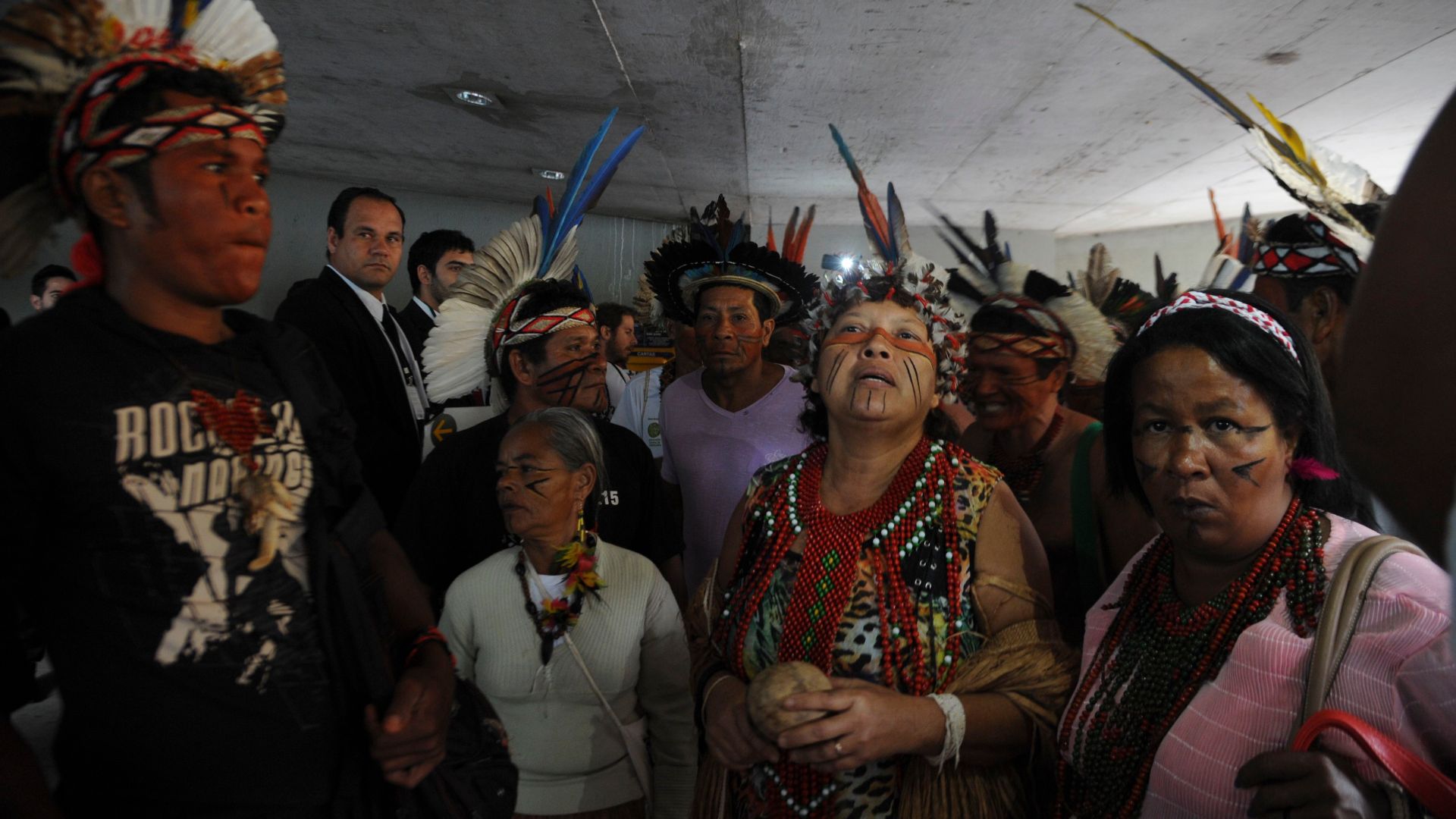 Antonio Cruz/Agência Brasil, Wikimedia Commons
Antonio Cruz/Agência Brasil, Wikimedia Commons
Still Standing Strong
Even now, the Pataxó face many challenges—land invasions, political neglect, and environmental destruction. But they continue to teach their language, rebuild their villages, and celebrate their culture with pride. Their story is one of resistance, resilience, and hope—a reminder that some roots can never be pulled from the earth.
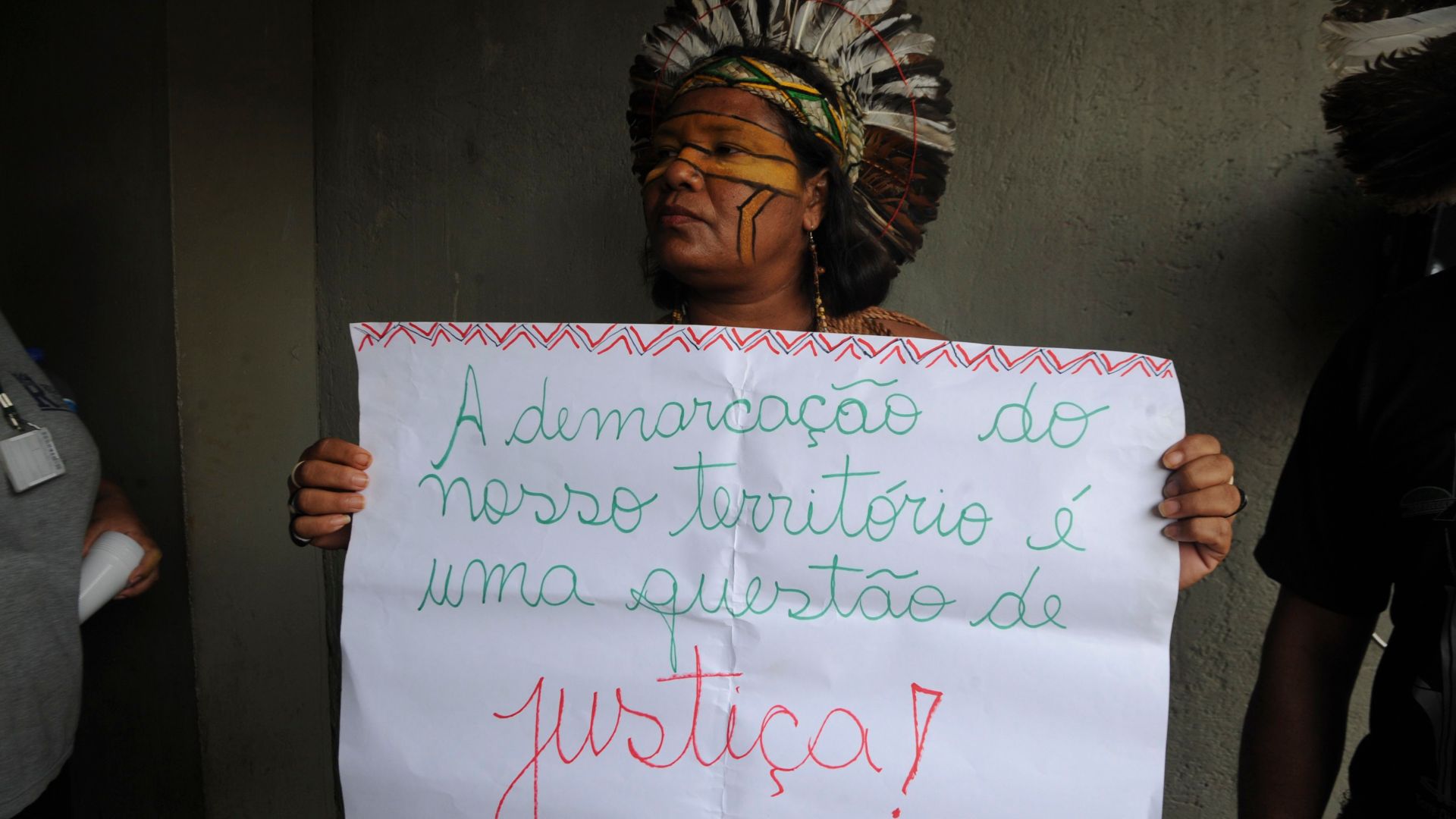 Antonio Cruz/Agência Brasil, Wikimedia Commons
Antonio Cruz/Agência Brasil, Wikimedia Commons
The Heartbeat of the Awê
At every festival, the sound of the Awê fills the night—the stamping of feet, the beat of handmade drums, the rise of voices in Patxohã. It’s not just a dance—it’s a declaration: We are still here.
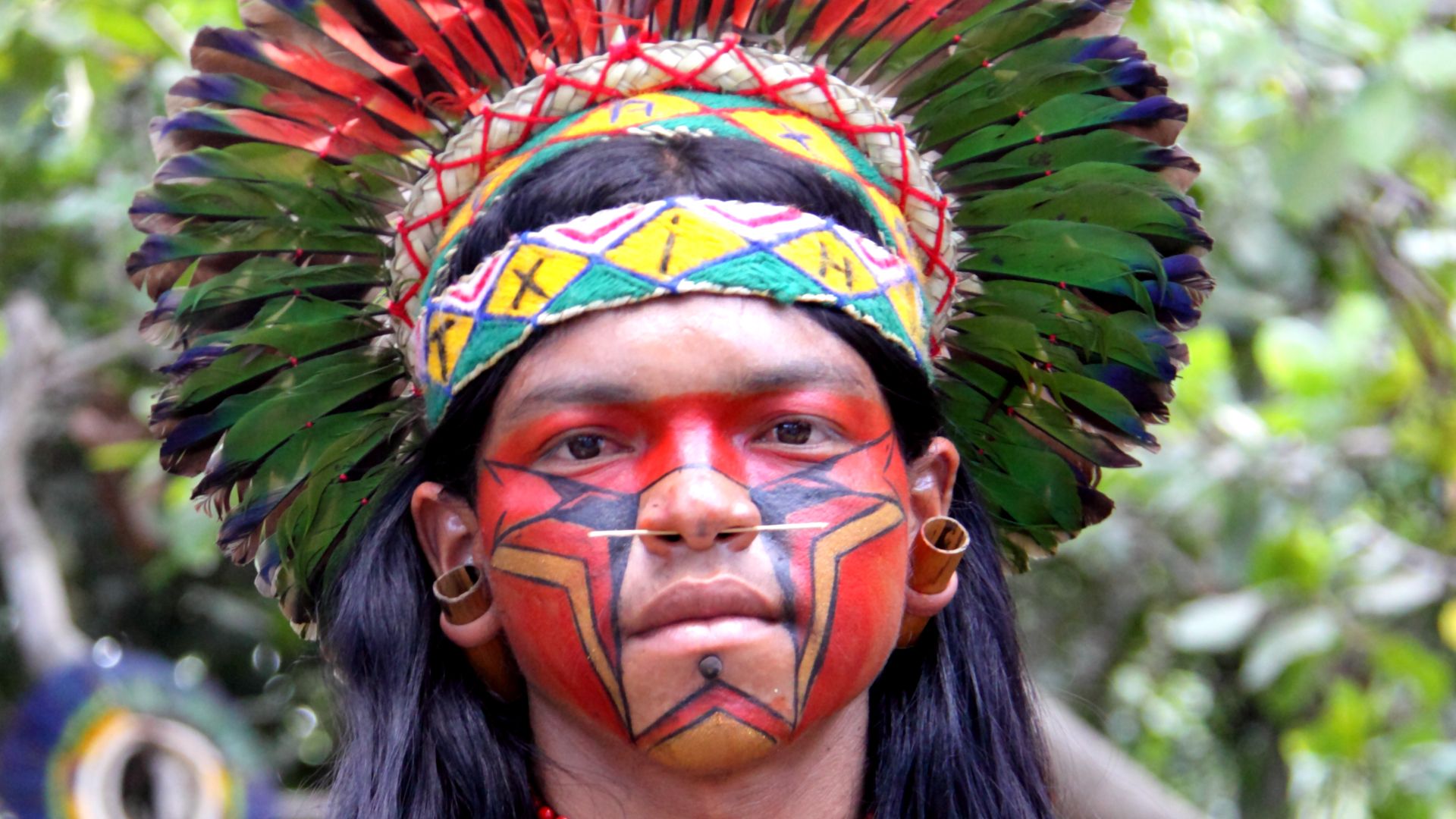 http://veton.picq.fr, Wikimedia Commons
http://veton.picq.fr, Wikimedia Commons
You May Also Like:
Photos Of The Sea People Who Breathe Like Fish And Live Without Land
The Jungle Tribe That Protects Themselves With Spears Dipped In Poison
Photos Of The Masked Warriors Who Dance Before Every Hunt

